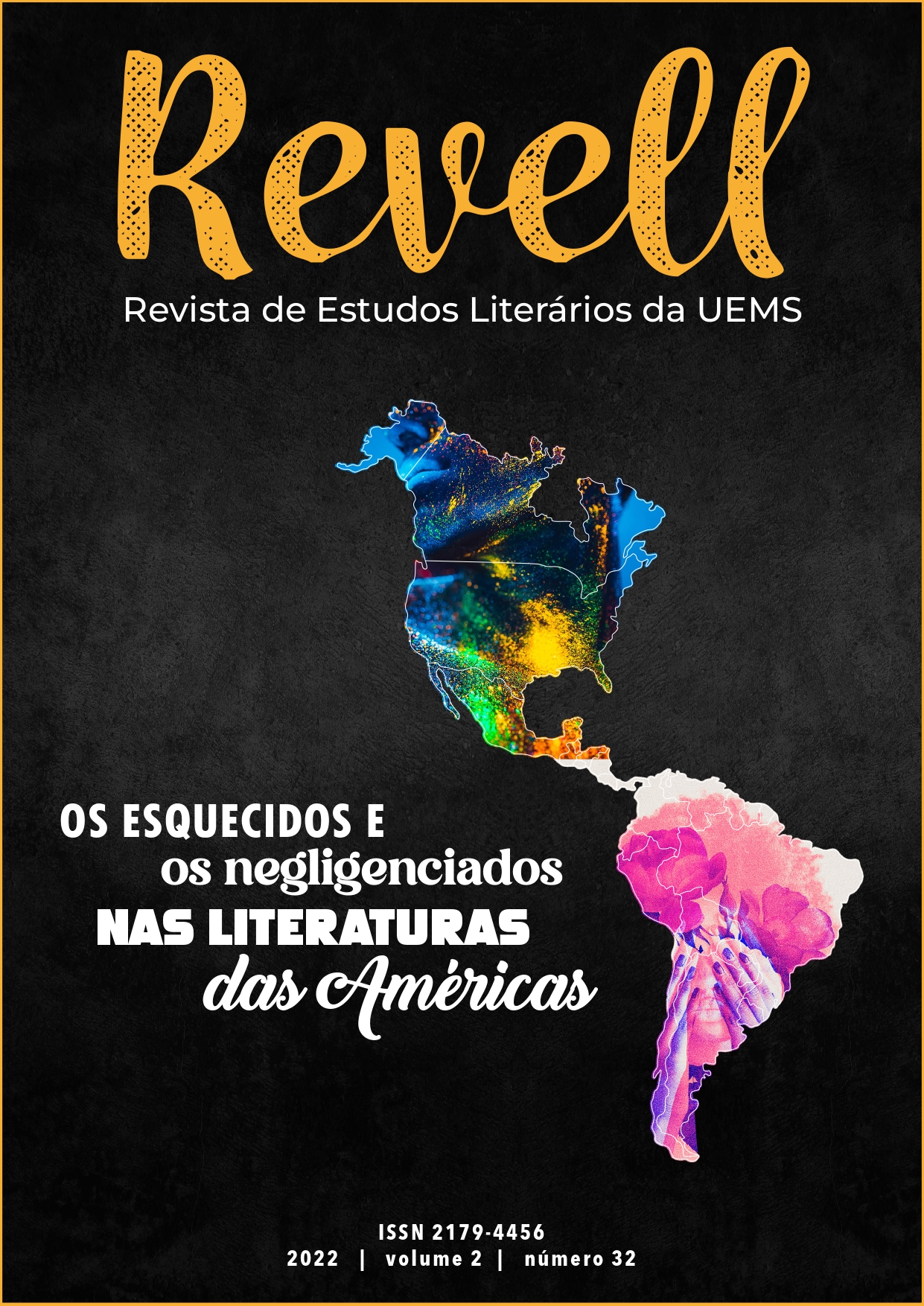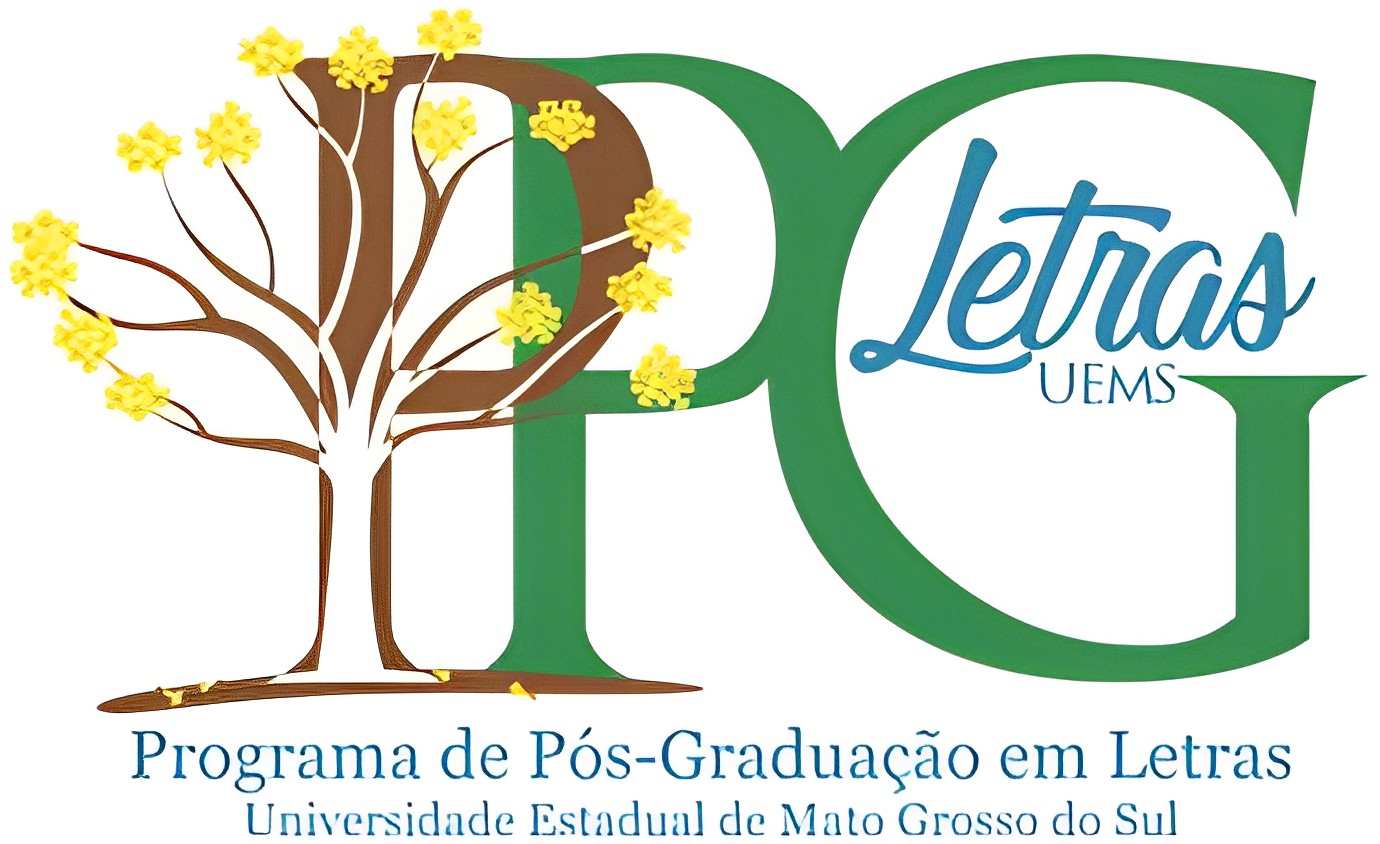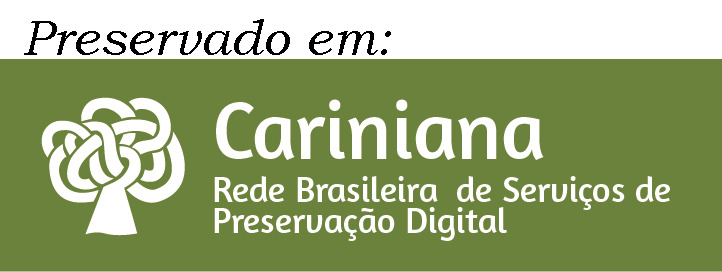“Pode a subalterna falar?”: um estudo de Parque Industrial, de Patrícia Galvão
DOI:
https://doi.org/10.61389/revell.v2i32.7191Keywords:
Parque industrial, Women's writings, The black woman, The poor woman, Excluded charactersAbstract
This work aims to develop a study of the novel Parque Industrial (Industrial Park), by Patrícia Galvão (1933), from an interpretation of the work as an initial attempt to give voice to poor and black Brazilian women in Brazilian literature. Therefore, in addition to contemporary and posterior criticism of the novel, studies on the writing conditions of women and marginal figures will be considered, such as: Woolf (2004), Gilbert and Gubar (2000), Duarte (2016) and Dalcastagnè ( 2015). Furthermore, as well as the work of this author, other relevant novels will be mentioned as they collaborate to reconstruct the dialogues about the constant exclusion that occurs/has been given to these subaltern and/or excluded figures in Brazilian literary texts.
References
BEAUVOIR, Simone. O segundo sexo: volume 1 – Fatos e mitos; volume 2 – A experiência vivida. Trad. Sérgio Milliet. Rio de Janeiro: Nova Fronteira, 6. ed., 2019.
BENEDETTI, Lucia. Entrada de Serviço. Rio de Janeiro: José Olympio, 1942.
CAMPOS, Augusto. de. Pagu: vida-obra. São Paulo: Companhia das Letras, 2014.
DALCASTAGNÈ, Regina. Quem pode fazer literatura afinal? In: O blog do Demodê, UNB, 2015. Disponível em: https://medium.com/@demode/quem-pode-fazer-literatura-afinal-eb8f85a7c51e. Acesso em: 13 set. 2022.
DUARTE, Constância Lima. A literatura de autoria feminina e os anos 30 no Brasil. In: Revista Araticum, Montes Claros, v. 14, n. 2, 2016. p. 9-24.
GALVÃO, Patrícia. Pagu: Autobiografia precoce. São Paulo: Companhia das Letras, 2020.
GALVÃO, Patrícia. Parque industrial. São Paulo: Companhia das Letras, 2022.
GILBERT, SANDRA M.; GUBAR, Susan. The madwoman in the attic: The Woman Writer and the Nineteenth-Century Literary Imagination. 2. ed. New Haven: Yale University Press, 2000.
GONZALEZ, Lélia. Racismo e sexismo na cultura brasileira. In: HOLLANDA, Heloísa Buarque de (org.) Pensamento feminista brasileiro: formação e contexto. Rio de Janeiro: Bazar do Tempo, 2019.
GUEDES, Thelma. Pagu – Literatura e Revolução: um estudo sobre o romance Parque Industrial. Cotia: Ateliê Editorial/São Paulo: Nankin Editorial, 2003.
JESUS, Carolina Maria de. Quarto de despejo: diário de uma favelada. São Paulo: Francisco Alves, 1960.
LEMOS, Pinheiro de. “Entrada de serviço”, de Lúcia Benedetti. Dom Casmurro, Rio de Janeiro, n. 276, p. 6, 14 nov. 1942.
LINS, Álvato. Romances e contos. Correio da Manhã, Rio de Janeiro, p. 3, 16 jan. 1943.
LISPECTOR, Clarice. A hora da estrela. Rio de Janeiro: Rocco, 2017.
MENDES, Murilo. Notas sobre Cacau. Boletim de Ariel, Rio de Janeiro, ano II, n. 12, p. 13, set. 1933.
NASCIMENTO, Beatriz. A mulher negra no mercado de trabalho. In: Heloísa Buarque de (org.) Pensamento feminista brasileiro: formação e contexto. Rio de Janeiro: Bazar do Tempo, 2019.
PAVÃO, A. Panorama. Diário Carioca, Rio de Janeiro, n. 1363, p. 4, 16 jan. 1933.
SPIVAK, Gayatri Chakravorty. Pode o subalterno falar? Trad. Sandra Regina Goulart Almeida, Marcos Pereira Feitosa, André Pereira Feitosa. Belo Horizonte: Editora UFMG, 2010.
WOOLF, Virginia. Um teto todo seu. Rio de Janeiro: Nova Fronteira, 2004.
Downloads
Published
How to Cite
Issue
Section
License
Copyright (c) 2022 REVELL - REVISTA DE ESTUDOS LITERÁRIOS DA UEMS

This work is licensed under a Creative Commons Attribution 4.0 International License.
DECLARAÇÃO DE ORIGINALIDADE E EXCLUSIVIDADE E CESSÃO DE DIREITOS AUTORAIS
Declaro que o presente artigo é original e não foi submetido à publicação em qualquer outro periódico nacional ou internacional, quer seja em parte ou na íntegra. Declaro, ainda, que após publicado pela REVELL, ele jamais será submetido a outro periódico. Também tenho ciência que a submissão dos originais à REVELL - Revista de Estudos Literários da UEMS implica transferência dos direitos autorais da publicação digital. A não observância desse compromisso submeterá o infrator a sanções e penas previstas na Lei de Proteção de Direitos Autorais (nº 9610, de 19/02/98).



















